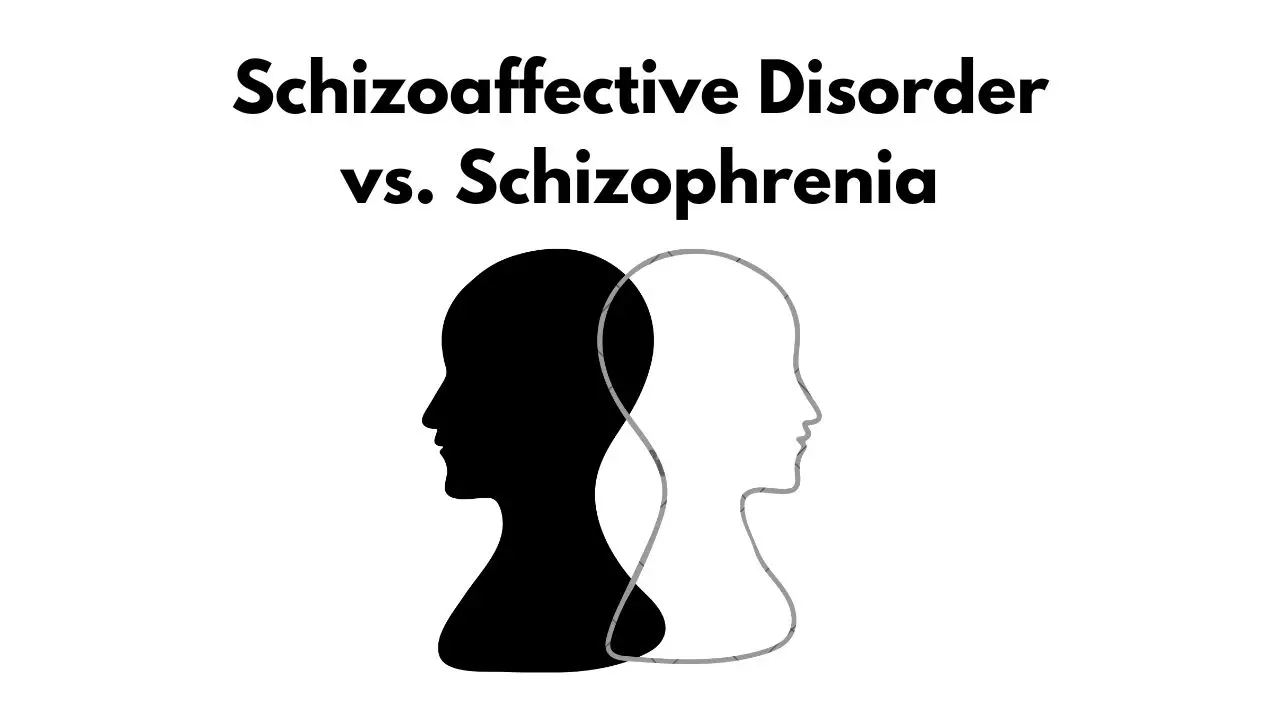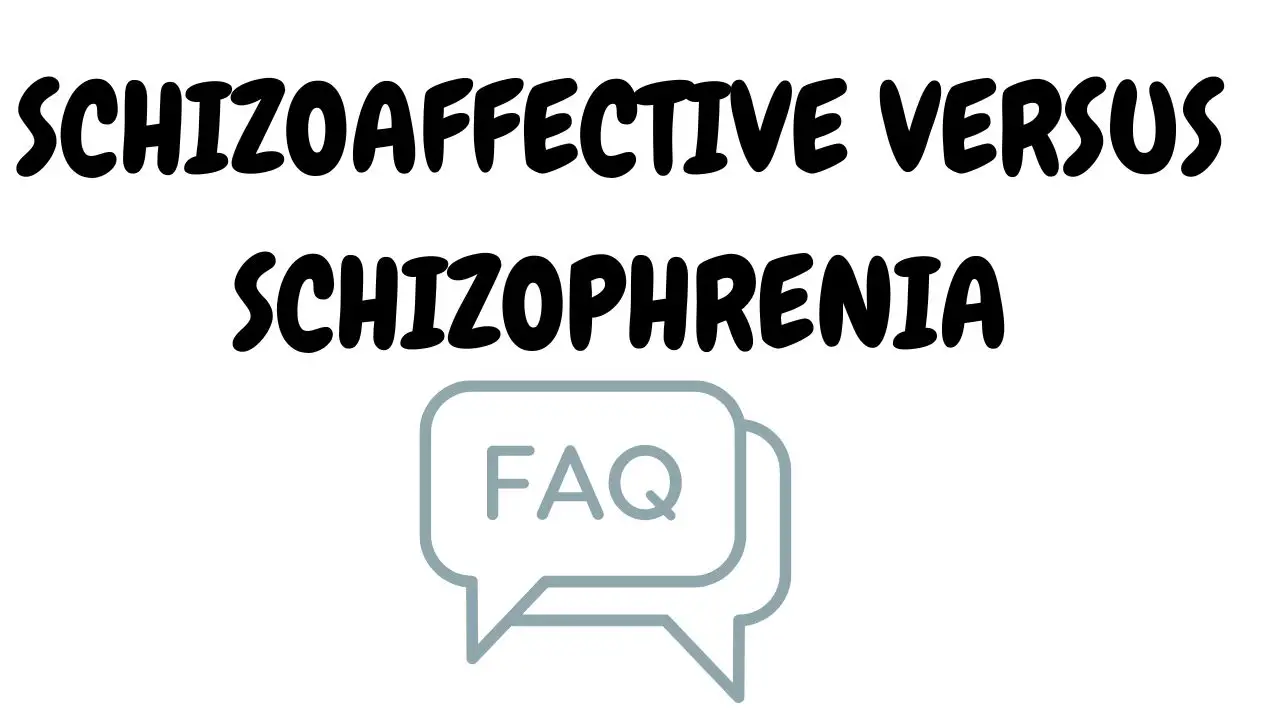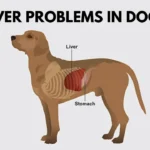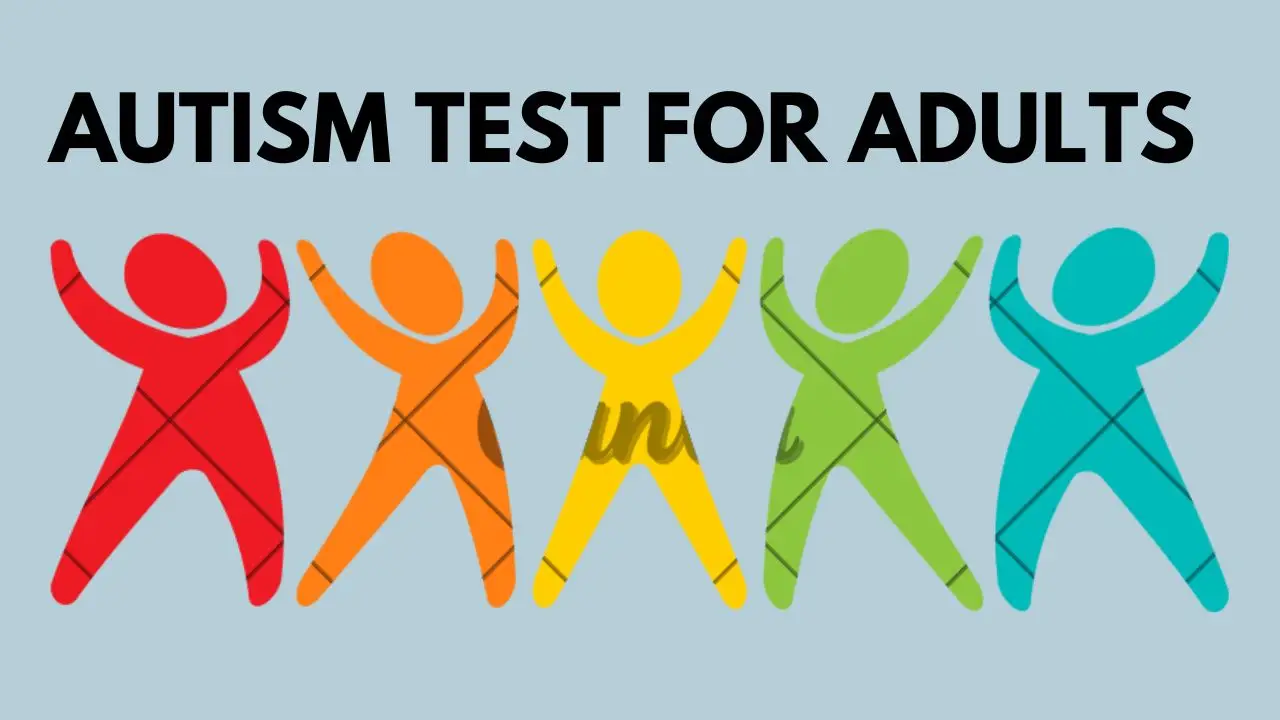What is “schizoaffective versus schizophrenia?“ The world of mental health is intricate and multi-layered, filled with conditions that often overlap, leading to confusion and misdiagnosis. Among the most frequently misunderstood are schizoaffective disorder and schizophrenia. This blog post aims to clarify the differences between these two conditions, offering insights for the mental health community, psychology enthusiasts, and caregivers alike. We’ll explore definitions, symptoms, causes, and treatment options to provide a comprehensive understanding of schizoaffective disorder versus schizophrenia.
Read More. Dog Urinary Tract Infection Symptoms
Understanding Schizoaffective Disorder

Schizoaffective disorder is a complex mental health condition that encompasses symptoms of both schizophrenia and mood disorders, such as depression or bipolar disorder. Unlike schizophrenia, which solely affects thinking and perception, schizoaffective disorder involves significant mood swings or changes. These mood disturbances can be episodes of depression, mania, or a mix of both, adding another layer of complexity to the condition.
Individuals with schizoaffective disorder experience symptoms such as hallucinations and delusions, similar to those seen in schizophrenia. However, these symptoms are accompanied by mood episodes that can significantly impact one’s daily functioning. The combination of psychotic and mood symptoms makes diagnosis and treatment particularly challenging, requiring a nuanced understanding of the interplay between these elements.
The prevalence of schizoaffective disorder is relatively low compared to other mental health conditions, affecting approximately 0.3% of the population. Despite its rarity, understanding this disorder is crucial for mental health professionals, caregivers, and those affected, as it requires a tailored approach to management and care.
Unpacking Schizophrenia
Schizophrenia, on the other hand, is a chronic and severe mental disorder that primarily affects a person’s ability to think clearly, manage emotions, make decisions, and relate to others. It is characterized by symptoms such as hallucinations, delusions, disorganized thinking, and impaired functioning. Unlike schizoaffective disorder, schizophrenia does not include mood episodes as a core component.
There are several types of schizophrenia, each presenting unique challenges for patients and healthcare providers. These types include paranoid schizophrenia, characterized by prominent hallucinations and delusions; disorganized schizophrenia, marked by disorganized speech and behavior; and catatonic schizophrenia, which involves motor dysfunction. Understanding the distinctions between these types is essential for accurate diagnosis and treatment planning.
Schizophrenia affects approximately 1% of the population worldwide, making it more common than schizoaffective disorder. While it is a lifelong condition, early diagnosis and ongoing treatment can significantly improve a person’s quality of life, enabling them to lead fulfilling and productive lives.
Symptoms Schizoaffective Disorder vs. Schizophrenia
The symptoms of schizoaffective disorder and schizophrenia can overlap, leading to confusion and misdiagnosis. However, key differences exist that can help distinguish between the two. In schizoaffective disorder, mood symptoms such as depression or mania co-occur with psychotic symptoms like hallucinations or delusions. These mood episodes can be severe and may last for extended periods, impacting the individual’s overall functioning.
In contrast, schizophrenia is primarily characterized by psychotic symptoms without the presence of significant mood disturbances. Hallucinations and delusions are common, along with disorganized thinking and impaired social interactions. These symptoms can vary in intensity and duration, with periods of relative stability interspersed with acute episodes.
Understanding these symptom differences is crucial for accurate diagnosis and effective treatment planning. Mental health care providers must carefully assess each individual’s unique presentation to develop a comprehensive and personalized approach to care.
Causes and Risk Factors
The exact causes of schizoaffective disorder and schizophrenia remain unknown, but research suggests a combination of genetic, environmental, and neurobiological factors play a role in their development. Both conditions are believed to arise from a complex interplay of these factors, influencing an individual’s susceptibility to developing the disorder.
Genetic predisposition is a significant risk factor for both schizoaffective disorder and schizophrenia. Individuals with a family history of these conditions are at a higher risk of developing them. However, genetics alone do not determine the onset of these disorders, and environmental factors such as trauma, substance abuse, and prenatal exposure to infections or malnutrition can also contribute.
Neurobiological factors, including brain structure and function abnormalities, are also implicated in the development of these conditions. Research has shown that individuals with schizophrenia or schizoaffective disorder often have differences in brain chemistry and connectivity, which may contribute to the symptoms experienced.
Diagnostic Challenges
Diagnosing schizoaffective disorder versus schizophrenia can be challenging due to the overlap of symptoms and the need for a comprehensive understanding of each condition’s nuances. Mental health professionals must conduct thorough assessments, including clinical interviews, psychological evaluations, and medical history reviews, to arrive at an accurate diagnosis.
One of the primary challenges in diagnosing schizoaffective disorder is distinguishing between mood episodes and psychotic symptoms. These symptoms can co-occur or present at separate times, complicating the diagnostic process. Additionally, the presence of overlapping symptoms with other mental health conditions, such as bipolar disorder or major depressive disorder, can further obscure the diagnosis.
Accurate diagnosis is essential for developing an effective treatment plan tailored to the individual’s needs. By understanding the unique aspects of each condition, mental health professionals can provide targeted interventions that address both the psychotic and mood symptoms experienced by individuals with schizoaffective disorder or schizophrenia.
Treatment Options and Approaches
Effective treatment for schizoaffective disorder and schizophrenia requires a comprehensive and individualized approach that addresses both the psychotic and mood symptoms. A combination of medication, therapy, and support services is typically recommended to manage these conditions.
Medications, such as antipsychotics and mood stabilizers, are commonly used to treat schizoaffective disorder and schizophrenia. These medications help reduce the severity of symptoms and improve overall functioning. It is essential for individuals to work closely with their healthcare providers to find the most appropriate medication regimen for their specific needs.
Therapeutic interventions, including cognitive-behavioral therapy (CBT) and supportive psychotherapy, can also be beneficial in managing these conditions. CBT helps individuals challenge distorted thinking patterns and develop coping strategies, while supportive psychotherapy provides a safe space to explore emotions and experiences.
In addition to medication and therapy, support services such as case management, vocational rehabilitation, and peer support groups can play a crucial role in helping individuals with schizoaffective disorder or schizophrenia lead fulfilling and productive lives.
Personal Stories and Experiences
Hearing personal stories from individuals living with schizoaffective disorder or schizophrenia can provide valuable insights into the challenges and triumphs associated with these conditions. These stories can help break down stigma, foster understanding, and inspire hope for others facing similar struggles.
One example is Jane, who was diagnosed with schizoaffective disorder in her twenties. Jane shares her journey of navigating the complexities of mood episodes and psychotic symptoms while pursuing her passion for art. With the support of her healthcare team and loved ones, Jane has learned to manage her symptoms and continues to create beautiful artwork that inspires others.
Another story is of Mark, a young man diagnosed with schizophrenia during college. Despite the challenges posed by his condition, Mark has focused on maintaining his academic pursuits and advocating for mental health awareness. Through therapy and medication, Mark has found stability and a sense of purpose, using his experiences to empower others in the mental health community.
Expert Insights and Quotes
Incorporating insights from mental health professionals and individuals with lived experience can enhance our understanding of schizoaffective disorder versus schizophrenia. These expert voices provide valuable perspectives on diagnosis, treatment, and living with these conditions.
Dr. Emily Carter, a leading psychiatrist specializing in schizoaffective disorder and schizophrenia, emphasizes the importance of early intervention and comprehensive care. She states, “Both schizoaffective disorder and schizophrenia require a multifaceted approach that addresses the unique needs of each individual. Early diagnosis and personalized treatment plans are key to improving outcomes and enhancing quality of life.”
John, a peer support specialist living with schizophrenia, shares his perspective on the importance of community and connection. “Having a support network of people who understand and accept you is invaluable. It helps combat isolation and fosters a sense of belonging, which is crucial for recovery and well-being.”
The Role of Mental Health Care
Access to quality mental health care is vital for individuals living with schizoaffective disorder or schizophrenia. Comprehensive care involves a team of mental health professionals, including psychiatrists, psychologists, social workers, and nurses, working together to provide holistic support.
Mental health care services encompass a range of interventions, from medication management and therapy to crisis intervention and rehabilitation programs. These services aim to empower individuals with the tools and resources needed to manage their symptoms, improve functioning, and achieve personal goals.
Advocacy for mental health care access and awareness is essential in reducing stigma and ensuring that individuals with schizoaffective disorder or schizophrenia receive the support they need. By promoting mental health literacy and fostering inclusive communities, we can create an environment where individuals feel understood and supported.
FAQs Schizoaffective Disorder vs. Schizophrenia

Addressing frequently asked questions about schizoaffective disorder versus schizophrenia can help dispel myths and clarify common misconceptions. Here are some answers to common queries:
Schizoaffective disorder and schizophrenia are both serious mental health conditions that can significantly impact an individual’s life. Understanding the differences between them is crucial for accurate diagnosis and effective treatment.
What is the main difference between schizoaffective disorder and schizophrenia?
The primary distinction between schizoaffective disorder and schizophrenia lies in the presence of mood episodes. Schizoaffective disorder is characterized by a combination of psychotic symptoms, such as hallucinations or delusions, and significant mood disturbances, like depression or mania. This dual presentation means that an individual with schizoaffective disorder experiences periods of mood symptoms that occur alongside, or independently of, psychotic symptoms.
In contrast, schizophrenia is primarily defined by a consistent presence of psychotic symptoms without the pervasive mood episodes found in schizoaffective disorder. Individuals with schizophrenia might experience hallucinations, delusions, disorganized thinking, and cognitive impairments, which are not necessarily tied to mood changes.
Can someone have both schizoaffective disorder and schizophrenia?
Despite some overlapping symptoms, schizoaffective disorder and schizophrenia are distinct diagnoses. The overlap can complicate the diagnostic process, making it essential for mental health professionals to carefully evaluate the presence and timing of mood episodes in relation to psychotic symptoms. Accurate diagnosis is vital because it informs the treatment approach and affects how healthcare providers manage the condition.
Is recovery possible for individuals with schizoaffective disorder or schizophrenia?
Both schizoaffective disorder and schizophrenia are chronic conditions, but recovery is possible with proper care. Early intervention is a key component in improving outcomes for individuals with either disorder. A comprehensive treatment plan typically includes medication to manage symptoms, psychotherapy to address emotional and psychological needs, and supportive services to help with social and occupational functioning.
Ongoing support is equally important. This might involve family education, community resources, and support groups that provide social connections and understanding. With these supports in place, many individuals with either schizoaffective disorder or schizophrenia can lead fulfilling lives, pursue personal goals, and maintain meaningful relationships.
Conclusion Schizoaffective Disorder vs. Schizophrenia
Understanding the differences between schizoaffective disorder and schizophrenia is crucial for mental health professionals, caregivers, and those affected by these conditions. By recognizing the unique challenges and strengths of each disorder, we can improve diagnosis, treatment, and overall quality of life for those living with these conditions.
With continued research, advocacy, and support, we can foster a more inclusive and compassionate mental health community that empowers individuals to thrive. For those seeking further information and resources, consider connecting with mental health organizations, support groups, and professionals who specialize in schizoaffective disorder and schizophrenia.










